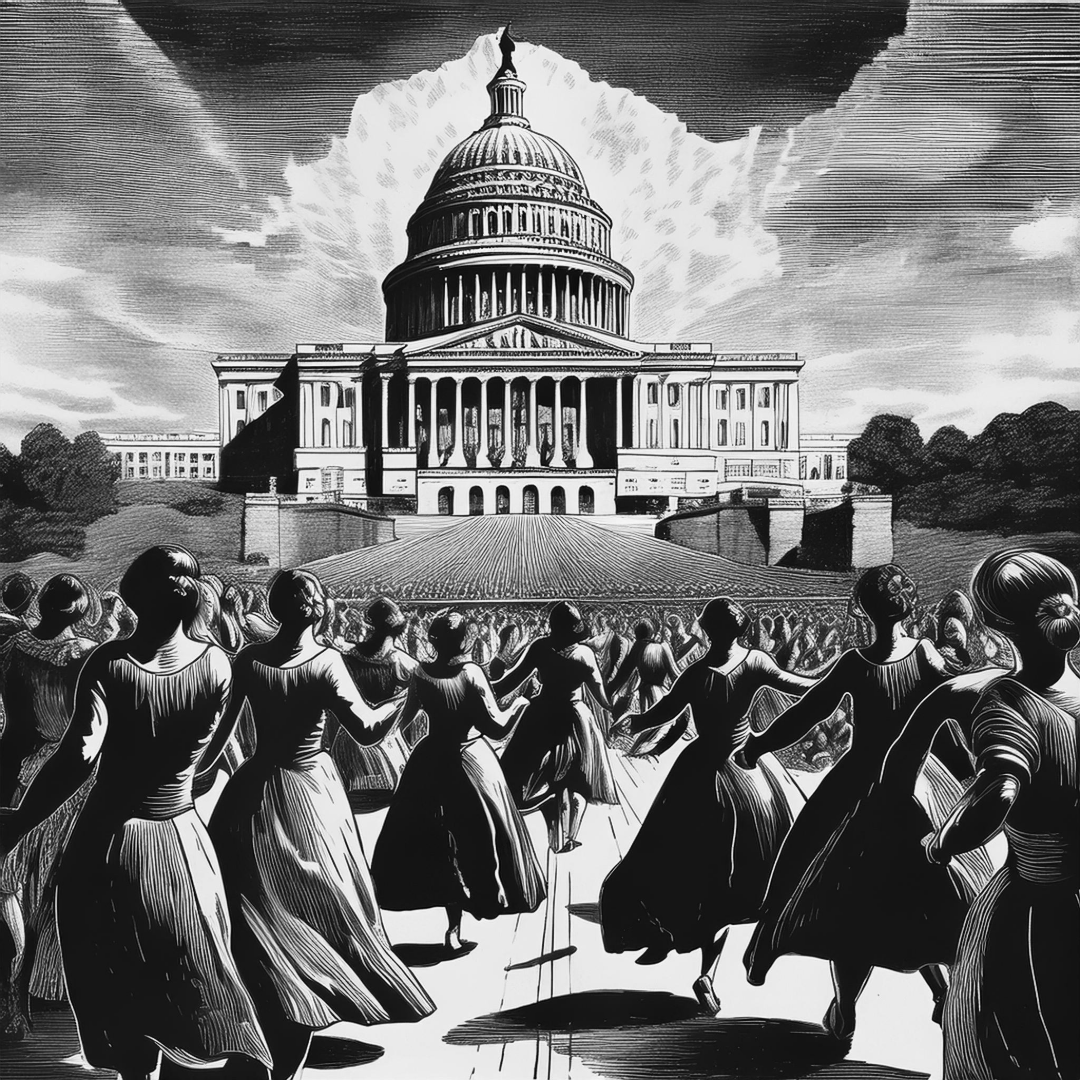Montgomery, Ala. — Alabama Attorney General Steve Marshall has once again positioned himself at the center of a national controversy, this time opposing President Joe Biden’s efforts to revive the Equal Rights Amendment (ERA). Marshall has called the move unconstitutional, citing the expiration of the amendment’s ratification deadline decades ago. However, legal experts and advocates for gender equality argue that Marshall’s interpretation is flawed, and his opposition places him on the wrong side of history.
The ERA, first introduced in 1923 and passed by Congress in 1972, aims to enshrine gender equality in the U.S. Constitution with its simple yet powerful language: “Equality of rights under the law shall not be denied or abridged by the United States or by any state on account of sex.” Congress initially set a seven-year deadline for ratification by three-fourths of the states (38 states), later extending it to 1982. While only 35 states ratified it by that time, Nevada (2017), Illinois (2018), and Virginia (2020) have since joined the list, bringing the total to 38. Supporters argue that this fulfills the constitutional requirement for ratification.
Marshall’s claim that the ERA is unconstitutional hinges on the expired deadline, but many legal scholars disagree. They point out that deadlines are not part of the amendment’s text and are therefore not binding. The Constitution itself does not impose time limits on the ratification process; in fact, the 27th Amendment—prohibiting changes to congressional pay during a current term—was ratified in 1992 after being proposed in 1789, a span of over 200 years. This precedent undermines Marshall’s argument that deadlines are immutable.
Marshall’s opposition also ignores widespread public support for the ERA. Polls consistently show that a majority of Americans—across political lines—believe gender equality should be explicitly guaranteed in the Constitution. Alabama itself has a long history of resistance to progressive movements, from civil rights to women’s rights, and Marshall’s stance reflects a continuation of this pattern. Critics argue that his position is emblematic of outdated thinking that fails to recognize evolving societal values.
Beyond legal arguments, Marshall’s resistance raises questions about his priorities. The ERA would provide stronger legal protections against sex discrimination in areas like employment, education, and domestic violence laws—issues that disproportionately affect women in Alabama and across the country. Dismissing these protections as unnecessary or unconstitutional perpetuates systemic inequalities.
Advocates for the ERA see opposition like Marshall’s as part of a broader cultural resistance to progress.
As lawmakers push forward with efforts to recognize the ERA as part of the Constitution, Marshall finds himself increasingly isolated in his opposition. Legal challenges will likely continue, but history suggests that amendments addressing fundamental rights often face resistance before eventual acceptance. By opposing the ERA, Marshall risks being remembered as an obstacle to equality at a time when most Americans agree it is long overdue.

